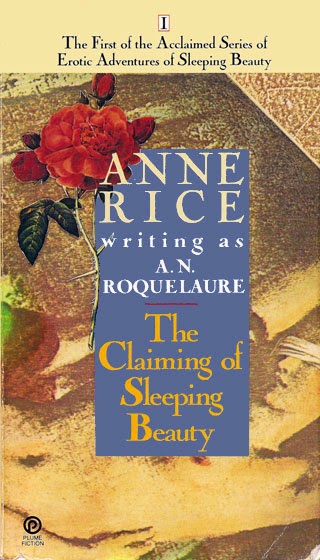Harris has also written novels about ancient Rome. Pompeii, is like Chinatown set in Pompeii, just before the eruption of Vesuvius. And he has written a trilogy about Cicero, focusing on Cicero's secretary/slave Tiro, who invented a system of shorthand (he also introduced the "&" symbol & and abbreviations like etc and e.g.). The first book in the series is Imperium, the second is Conspirata and the third, Dictator, will be published in the U.S. in January 2016, but impatient me, I ordered it from Amazon.UK where it came out in the fall. It's as good as the first two, but I was sad when I finished - it's like losing a friend when you get to the end of a series.
They should be read in order, but if you have a history buff on your Christmas list, Imperium would be a great start.
Ruth Rendell passed away this year and her last book, Dark Corners, was published posthumously. I put off reading it because I knew when I was done, there would be no more from Ruth Rendell, one of the best mystery writers ever. Dark Corners is about a bad tenant, a woman who lies about everything, a struggling novelist - typical Ruth Rendell, complex, filled with surprises, and moments that make you very uncomfortable. She wrote more than fifty novels and seven books of short stories. Her first book, From Doon With Death, introduced Inspector Wexford. She also wrote novels under another name, Barbara Vine. The first Barbara Vine was A Dark-Adapted Eye.
Dark Corners was very good, not my favorite (I was always a bigger fan of the Wexford books). If you haven't read any Ruth Rendell or have a friend who hasn't, check her out. Any of her books would make an excellent present.
Happy Holidays and hope you all receive a lot of books.















